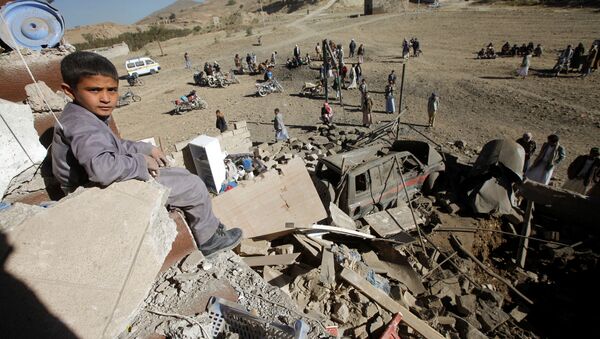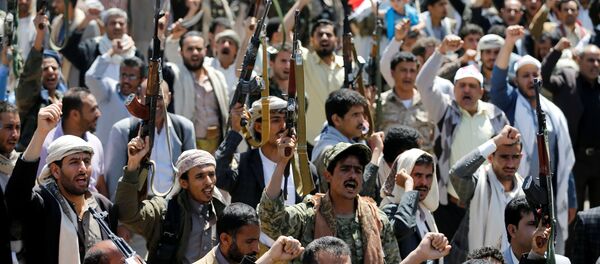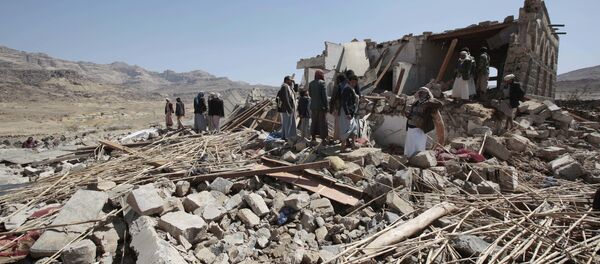Ozkan pointed out that the reason for the media vacuum surrounding the conflict in Yemen is related to the significant financial hegemony of Saudi Arabia over the Middle East and Arab media.
The journalist noted that the West and the US have adopted a pro-Saudi position, and the most important factor that broke through the blockade in the media was the crisis in the Persian Gulf basin in the relations between Qatar and Saudi Arabia.
“Even if they are not directly allied with Saudi Arabia, those countries that just want to get along well with the Saudis and not have tense relations with them, tried not to publish news stories about Yemen and the events taking place over there,” Ozkan said.
He further said, “If we talk about such large forces as the US and the EU, which largely form international public opinion, then in the war in Yemen, which Saudi Arabia initiated, they took the side of the Saudis. Therefore, in the Western media there is less material about Yemen,” the journalist said.
According to him, the crisis with Qatar is an important turning point in bringing to light the Yemeni conflict because Qatari news channel Al Jazeera began broadcasting information on Yemen and that became one of the reasons for the Qatari crisis.
“It is worth noting that this crisis can affect the situation in Libya, as well as in Yemen itself. In Libya, Qatar faces a serious conflict with the UAE and Saudi Arabia. A similar situation is in Yemen. This state of affairs provoked the gradual appearance in the international press of materials about Yemen,” Ozkan explained, noting that the “strategic interests protected by the parties” represent the main reason for the continuation of war in Yemen.
“The UN and, in particular, the UN representative in Yemen, unfortunately, do not demonstrate a neutral position. They are largely influenced by Saudi Arabia. The previous representative was a native of Algeria, and in his actions he adhered to greater independence,” the journalist said.
However, the current representative is from the United Kingdom and is heavily influenced by Saudi Arabia, according to Ozkan.
He further stressed that the resolution of the Yemeni crisis without an institution of neutral mediation and the absence of serious international pressure is impossible.
“If Saudi Arabia faces a serious financial crisis, and signs of this have already begun to manifest, and if such a process continues, then just as the United States was forced to withdraw from Lebanon, Saudi Arabia will be forced to leave Yemen,” Ozkan said.
He further said that the figures vary greatly, but judging by the data provided by the Yemeni Army, about 10,000 militiamen who fought on the Saudi side have been killed.
“There are two factors that can stop Saudi Arabia and its coalition in the Yemeni conflict – either serious international pressure or a real threat of a financial crisis,” the journalist concluded.




